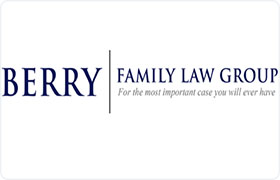Suwanee Collection Lawyer, Georgia
Sponsored Law Firm
-
 x
x

Click For More Info:
-
Berry & Associates
2751 Buford Highway NE Suite 600 Atlanta, GA 30324» view mapBankruptcy For the Most Important Case You'll Ever Have
We know how important your case is. And we know we really only have one, best chance to get it right. And we will.
800-659-5561
Scott Kelley Spooner
Family Law, Insurance, Business Organization, Collection
Status: In Good Standing Licensed: 27 Years
Roy Daniel Reagin
Bankruptcy & Debt, Credit & Debt, Foreclosure, Collection
Status: In Good Standing Licensed: 29 Years
John L. Adair
Real Estate, Corporate, Business Organization, Collection
Status: In Good Standing Licensed: 35 Years
 Matthew Berry Atlanta, GA
Matthew Berry Atlanta, GA AboutBerry & Associates
AboutBerry & Associates Practice AreasSpecializations
Practice AreasSpecializations
